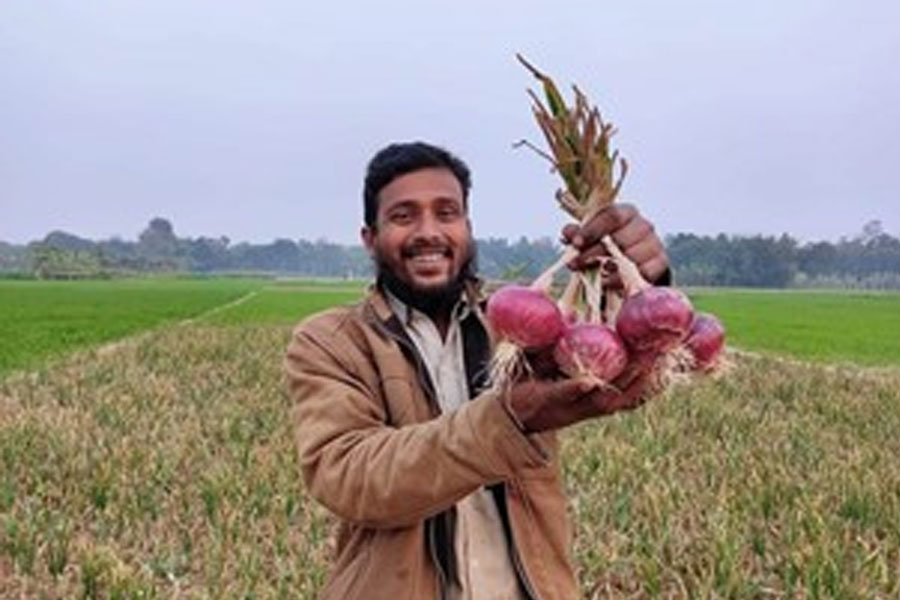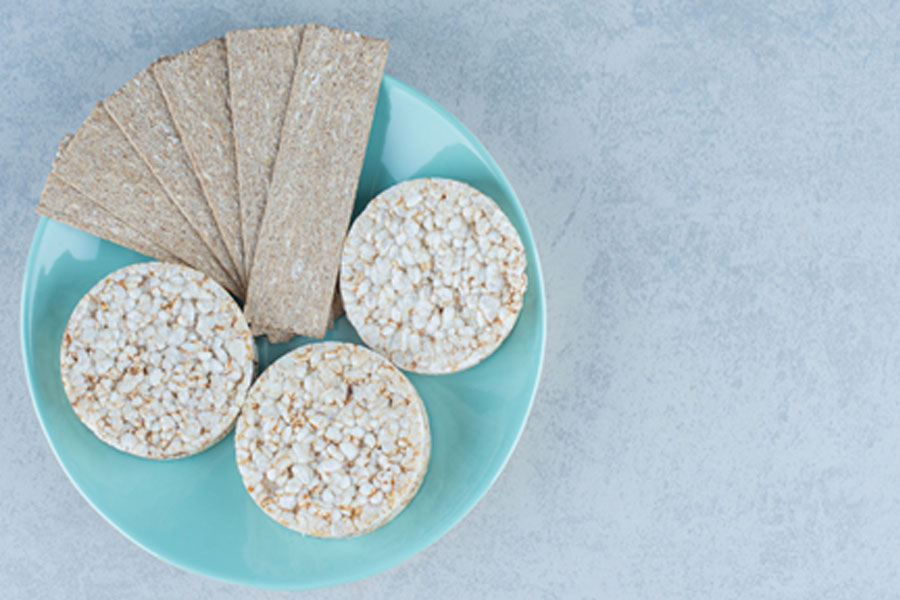
Research & Development


Promoting Effective Mastitis Treatment in Dairy Cattle: A Step Toward Better Animal Health and Productivity
Mastitis is one of the most common yet under-addressed diseases in dairy cows in Bangladesh. For
families relying on dairy farming, this condition quietly chips away at livelihoods—causing sickness in
cows, lowering milk quality, and reducing income. Despite ongoing efforts to boost milk production,
untreated or poorly treated mastitis continues to cause long-term health damage and economic loss.
Nano Urea: Advancing Crop Nutrition for Efficiency & Sustainability
Nano Urea, developed using Nanotechnology, marks a significant advancement in nutrient delivery systems. It offers precise nutrient doses to crops, minimizing waste and environmental impact. In Bangladesh, where Urea demand is 2.9 million tons (source: BRRI), mostly for rice cultivation, Nano Urea presents a promising alternative to traditional methods, which typically achieve only 35-40% application efficiency compared to 80% with Nano Urea.


The Imperative of Introducing Beef Breeds in Bangladesh
Bangladesh produces 87.10 Lakh Metric Ton meat annually against a demand of 76.08 Lakh Metric Ton of which beef accounts for the majority of meat (49.8% of total meat) (Source: Livestock Economy at a Glance 2022-23, Department of Livestock Services – DLS).
Agri-Apps for Agricultural Equipment Rental Services
The dwindling size of farms in Bangladesh is a major challenge for our farmers to own and operate expensive agricultural equipment cost-effectively. For example, the per farm operated area in Bangladesh reduced to 1.29 acres from 1.47 acres between 2009 and 2019 (source: Agriculture Census 2019, Bangladesh Bureau of Statistics).


Year-Round Onion Variety Can Help to Bridge the Production Gap
Bangladesh is mostly dependent on locally cultivated winter onions to supply its annual demand of about 3.5 million metric tons (MT). Nonetheless, the current production is around 2.5–2.6 million MT, which is grown on 237,000 hectares of land. To address the current demand the country needs to import 1 million MT of onions each year, at a cost of about BDT 40,000 million. The snags of expanding cultivation acreage in the winter, the scarcity of s
Rice-Based Snacks: A Global Opportunity Rooted in Bangladesh's Culinary Tradition
In Bangladesh, the processed food and ready-made snack industry heavily relies on imported raw materials like wheat, oil, and sugar. However, street foods in Bangladesh predominantly revolve around rice-based delicacies. It reflects the deep-rooted culinary tradition and the widespread popularity of such snacks. Therefore, rice, the locally produced staple, presents a compelling opportunity for the development of innovative, healthy, and sustaina



